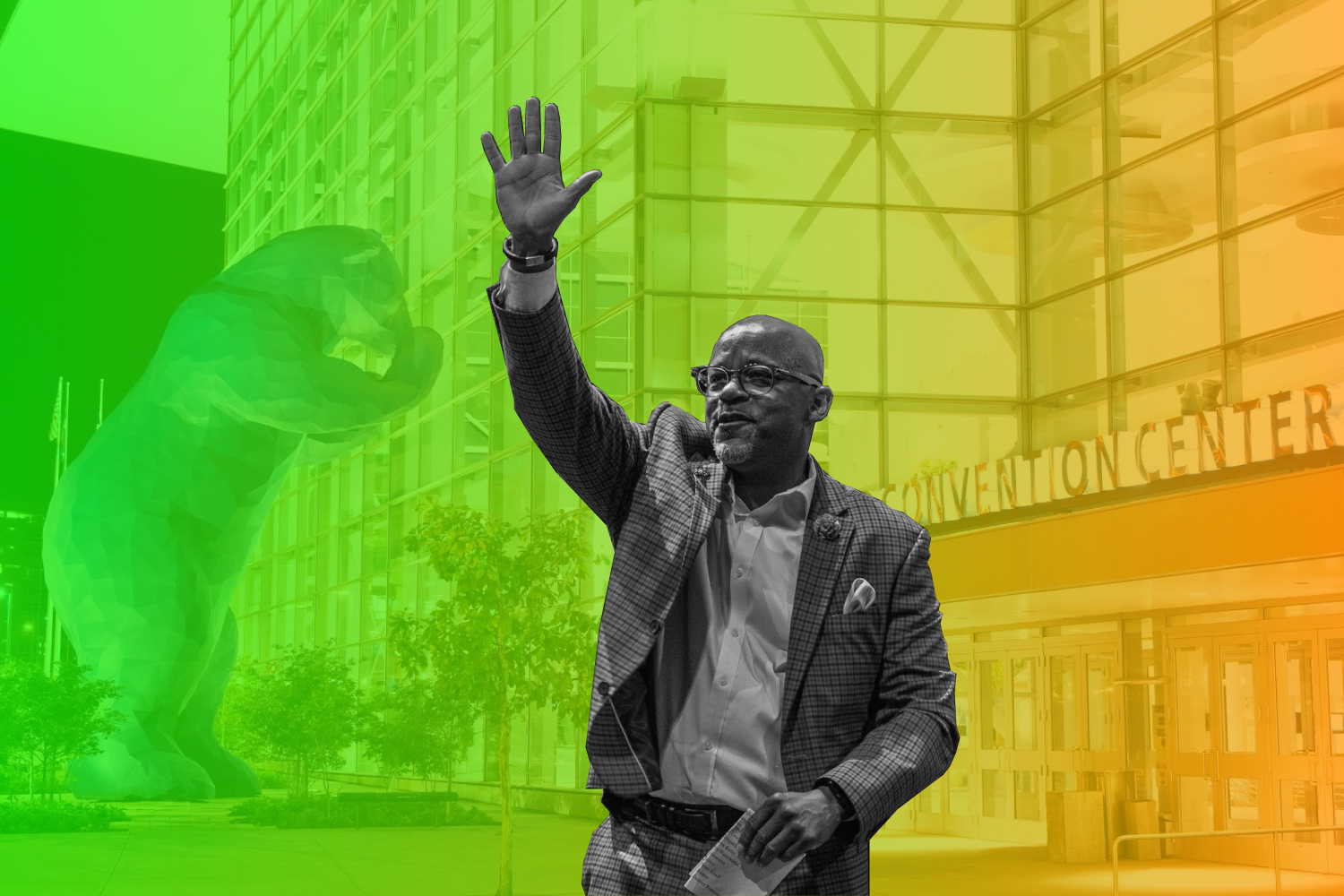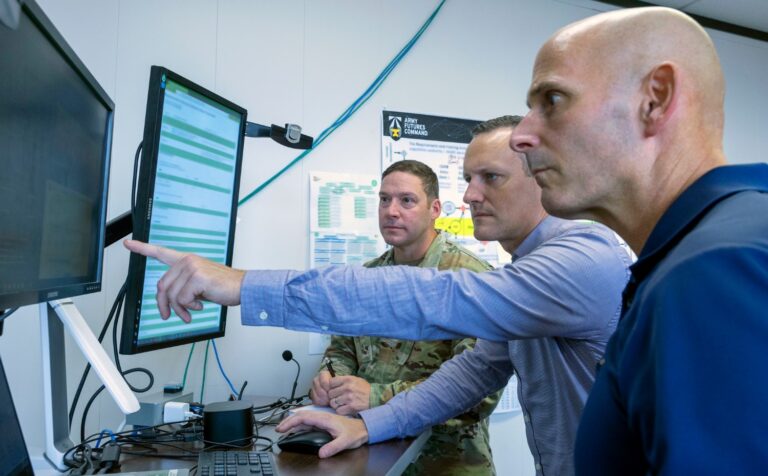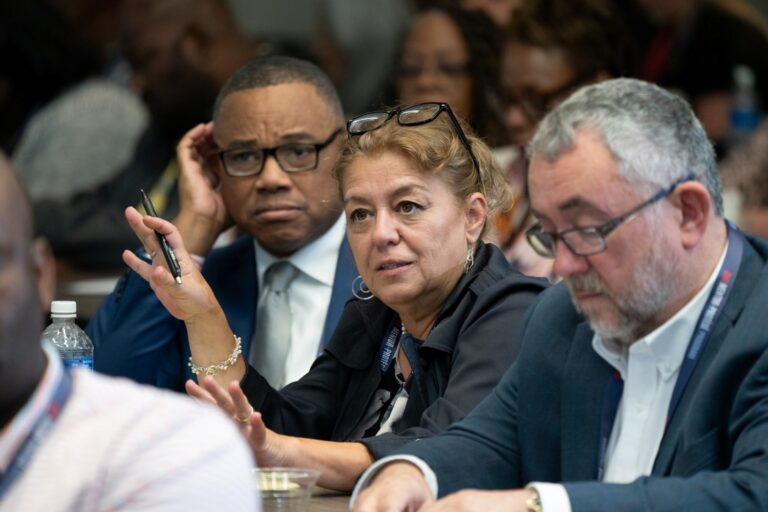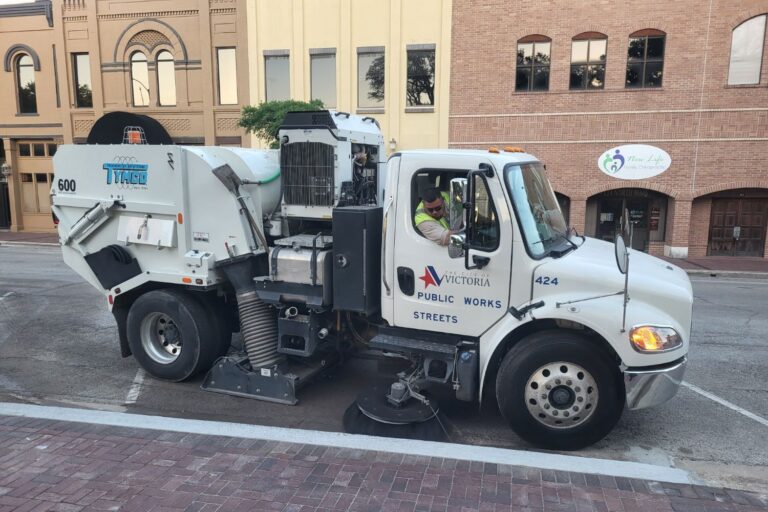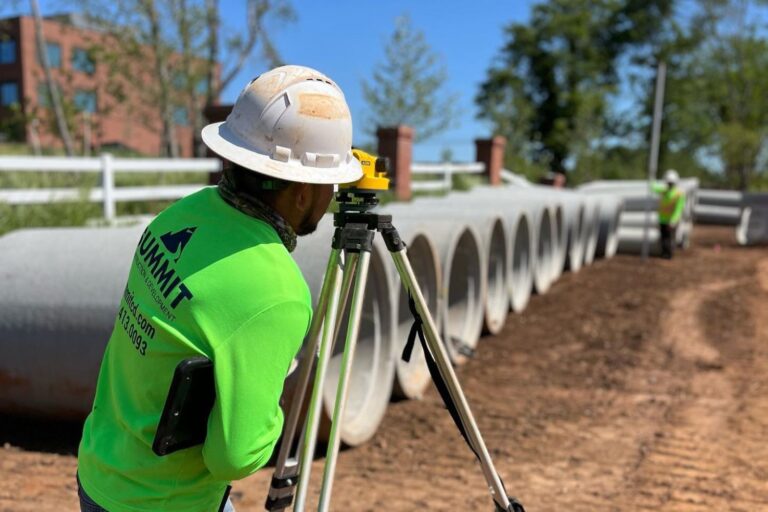Resilience Renewed – Colorado Convention Center Flourishes with ASM Global
Denver is a living art exhibit, with galleries, museums, creative districts, and street corners just waiting to be discovered. However, because the Mile High City is so densely packed with culture, it might be difficult to know where to begin.
If you want to attend an in-house event, Colorado Convention Center (CCC) is a good choice. The Colorado Convention Center, which is well-known as one of the most practical and “user friendly” conference facilities, now hosts over 250 events per year.
As one of the powerhouses in the game, the Center always wants to grow its destiny to the greatest extent. On the road to that goal, the are several steps that need to be conquered, among these, having good management is the key.
This is the reason behind the solicitation that we are going to dive into. The City was seeking responses to this contract that describe how the vendor will go beyond current and traditional practices to establish the CCC as a recognized industry leader, center of innovation, and an organization that advances its clients’ measures of success through a new standard of best practices.
The City and County of Denver own the Colorado Convention Center, so it’s good to understand its parental entity and the insight behind the contract from bottom up.
Denver – Where the Rocky Mountains Meet Urban Adventure
Denver, the Mountain West’s largest metropolis, is a huge patchwork at the foot of the Rocky Mountains. Denver is located on the border of two worlds: the vast expanse of the American Great Plains and the jagged peaks of the Rockies. It is a city at the crossroads of history, continually moving forward while being fully conscious of its past.
Downtown Denver has more than 11,000 hotel rooms within walking distance of the Colorado Convention Center, a downtown theme and water park, a downtown aquarium, and hundreds of chef-driven restaurants, in addition to three major sports stadiums, the second-largest performing arts center in the country, three colleges, and a variety of art and history museums. The Denver Mint produces 10 billion coins annually.
Despite layoffs and economic instability, the Denver area was expected to increase by 3% in 2022, according to a study from the Kenan Institute of Private Enterprise.
The research, 2022’s Fastest-Growing Cities in the United States, rated Denver sixth in the country for economic growth.
“Denver’s growth has certainly been fueled by rising migration away from urban areas, but a less-discussed aspect of the area’s population boom has been the city’s retention of its natives and young workers,” according to the study.
It also shared, “An August 2022 study found that a whopping 71% of millennials who lived in Denver at age 16 either stayed or returned by the time they turned 26. Software and financial services are among the region’s fastest-growing industries, with its aerospace, digital communications, and food and beverage sectors also expanding.”
Aside from growing in economy, Denver is also a land of art. Over the last two decades, the city has abandoned any remaining flyover conceptions and evolved from a regional hub to a major arts and culture destination.
The city is the heart of the Rocky Mountain area for music and art of all kinds – it’s difficult to walk more than a few feet in the city center without passing Insta-worthy public art, and museums and galleries are hidden into neighborhoods and parks around town.
Denver even has an Arts & Venues Department that works to improve Denver’s quality of life and economic vitality by expanding arts, cultural, and entertainment opportunities for everybody.
Arts & Venues is the City and County of Denver agency tasked with running some of the region’s best-known facilities, including Colorado Convention Center (CCC). The Center first opened its doors in 1990 and has since become the focal point for live events, exhibitions, and conferences in downtown Denver. It’s been the highlight of Denver for years, so it’s logical to keep that position stiff.
A Test of Time – Colorado Convention Center’s Long-Awaited Expansion
According to Visit Denver, the Colorado Convention Center generates more than $500 million in economic activity each year, which includes airline travel, hotel lodging, and ground transportation. The venue is anticipated to host 167 events in 2023, generating $23.5 million in income for the City and County of Denver.
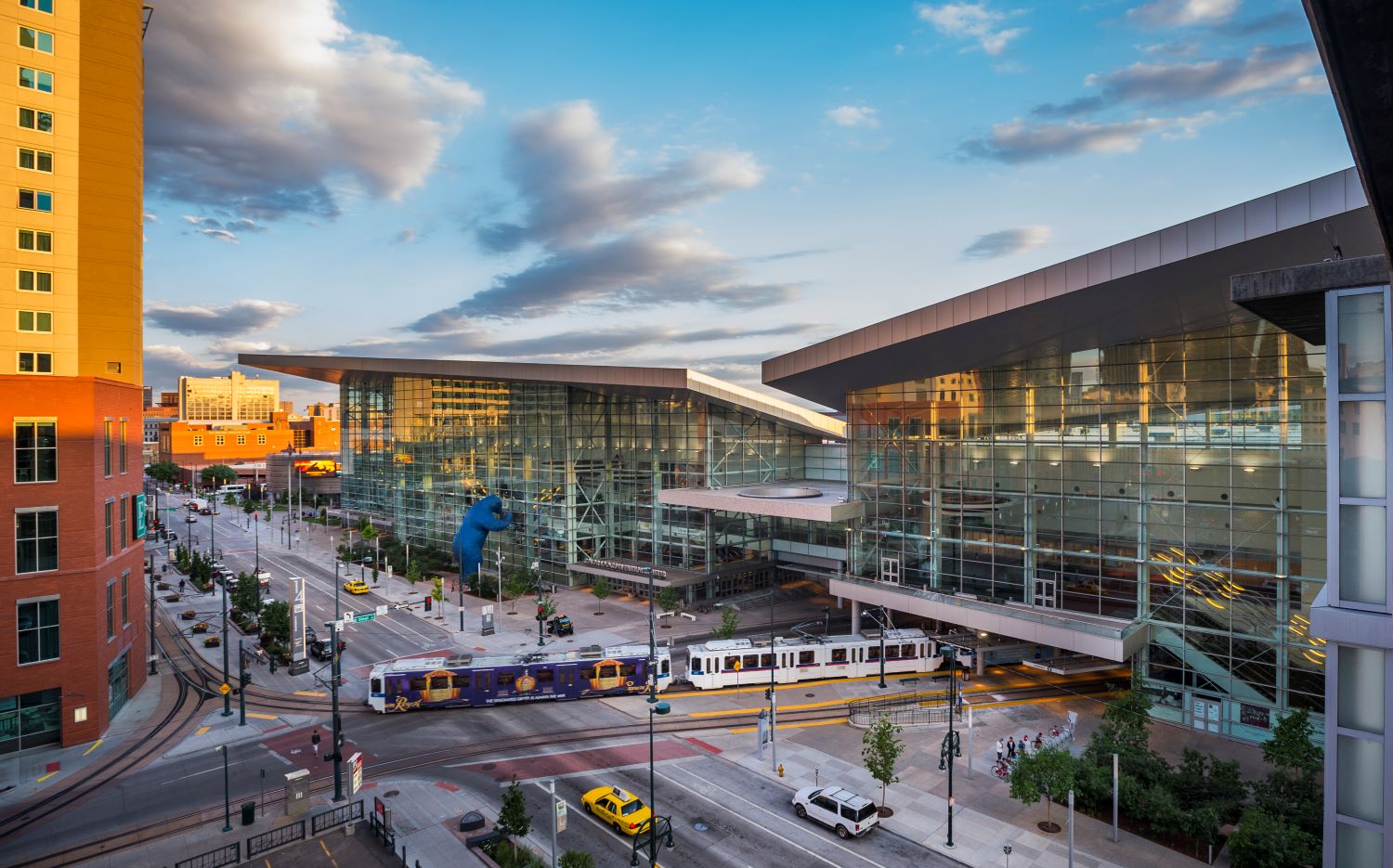
This modern conference venue, designed by professional event planners in partnership with Denver architects, combines the charm of downtown Denver with a basic arrangement.
The Colorado Convention Center is now home to over 250+ events annually. The Center is located within easy walking distance of over 9,000 hotel rooms, 300 restaurants, 9 theatres of the Denver Performing Arts Complex and a wide variety of shopping and retail outlets.
As one of the well-known facilities at the local, Denver has been trying to preserve the quality of this famous spot. On November 3, 2015, Denver voters overwhelmingly approved a major expansion of the Colorado Convention Center.
However, the start of the construction effort has been postponed for more than 18 months due to a bid-rigging scandal that came out in December 2018.
The city froze the contractor-selection process and terminated a $9-million contract with Dallas-based developer Trammell Crow, the project’s program manager, charging that the firm had incorrectly provided project papers to Mortenson Construction, one of the contractor finalists.
After the delay, Denver had chosen a contractor for a $233 million Convention Center renovation in 2020. The $233-million project would add a terrace and event space on the center’s roof, upgrade the main lobby and build a new 80,000-sq-ft multi-use room, among other improvements.
The expansion project was initially scheduled to be finished in 2022. However, city officials have estimated that work won’t begin until the middle of 2023, at the earliest, with completion targeted for late 2023, according to the city’s Dept. of Transportation and Infrastructure.
The expansion will add about 250,000 square feet to the venue, which already occupies more than 2 million square feet. Construction is on target to be completed by the end of this year.
Visit Denver said 10 groups already have booked the venue based on the expansion representing $187 million in economic impact.
Overall, Visit Denver says the project is expected to generate an additional $85 million in annual economic impact, creating or supporting 2,691 job opportunities and $195 million in labor income and $475 million in anticipated sales.
It’s halfway to the new future of the Center, and now it’s important to set the core for the CCC by adding ardent management. Denver already has this step in the plan, the City has requested proposals from vendors to find a Venue Manager (VM) that surpasses conventional approaches and pioneers the CCC (City Convention Center) as a prominent industry frontrunner.
Forging Ahead – Pioneering the Industry’s Evolution
Previously, securing a desirable location was all that convention center managers needed to attract a consistent stream of visitors.
Today’s trade associations, professional organizations, and any other group with regular membership gatherings, on the other hand, are looking for more than just a meeting place, and convention centers across the country are going all out to convince them that their venue is the best choice.
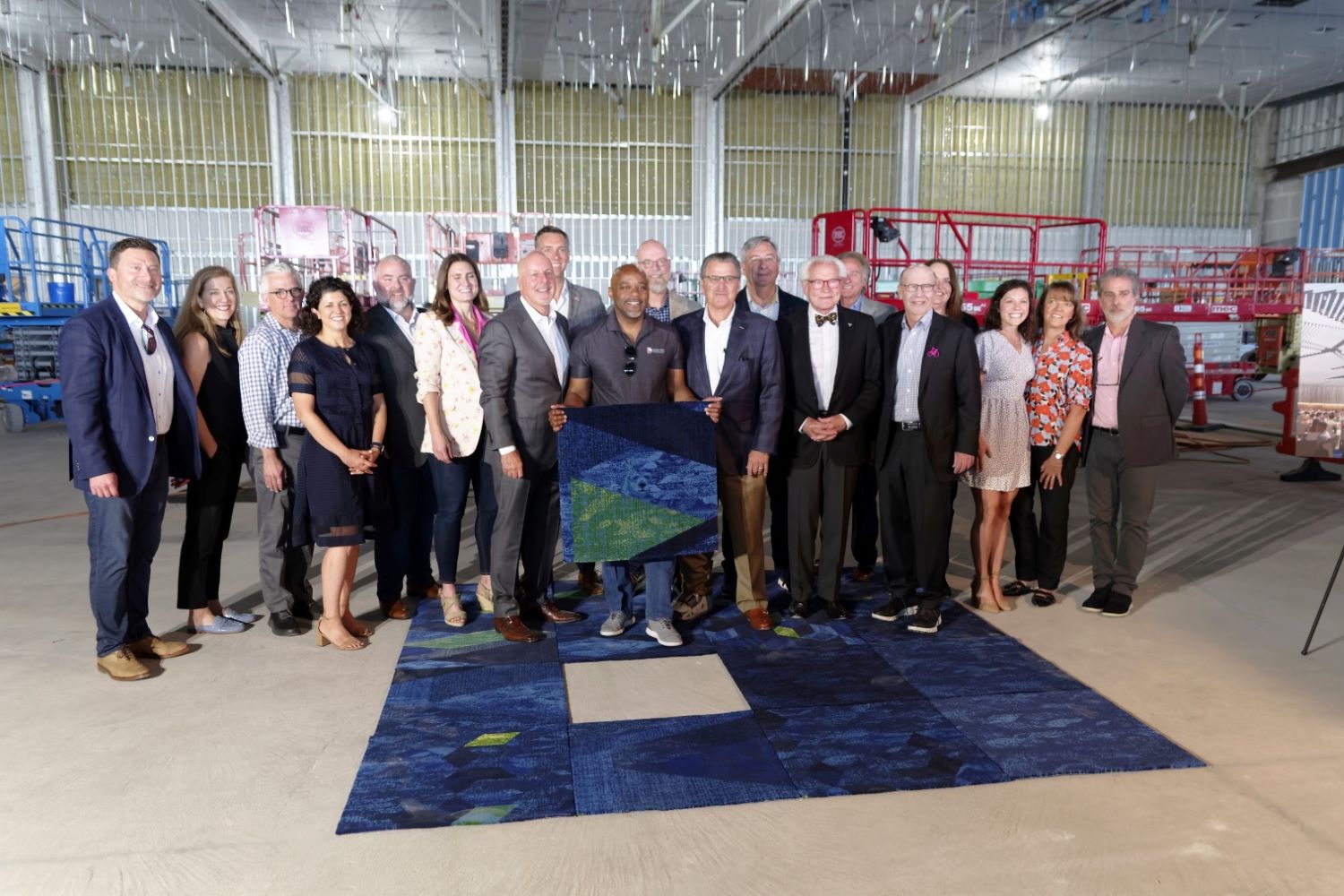
Convention centers are intended to boost the local economy by luring visitors who would otherwise spend their money elsewhere. The number of hotel room nights generated is the best indicator of success.
However, running convention halls is a dangerous business. Convention centers, unlike other high-risk businesses, frequently lack comprehensive event risk management, leaving them vulnerable to potential threats.
To ensure the safe and successful execution of conventions, tradeshows, exhibits, meetings, and events in a complex, uncertain, and occasionally threat-filled environment, a proactive approach to risk management is required.
To address the onset issue, it demands a management skill that offers more than just surface solutions.
Denver was looking for a VM (Venue Manager) that was prepared to adjust its business model proactively to changes in the greater marketplace and adapt to the evolving needs of users of the facilities and the City.
Also, the vendor must take an active role in developing partnerships within the local hospitality community and dynamic participation in enhancing relationships with clients, promoters, service contractors, vendors, and other users of the complex.
A Holistic Approach to Enhancing the Center’s Operations
The City of Denver sought a Venue Manager who could teach, supervise, and direct all staff to ensure high levels of performance, behavior, cleanliness, civility, and service.
The VM shall not hire anyone who does not behave themselves in a businesslike and professional way, and shall take necessary disciplinary action, up to and including termination, against workers who do not meet this standard.
In terms of management, the selected contractor will be responsible for the CCC’s overall management, operation, and maintenance, including sales, event staffing and production, management, operations, and asset maintenance. The VM must demonstrate its capacity to collaborate with DAV, Technology Services, other City agencies, and other industry partners such as Visit Denver and Sodexo.
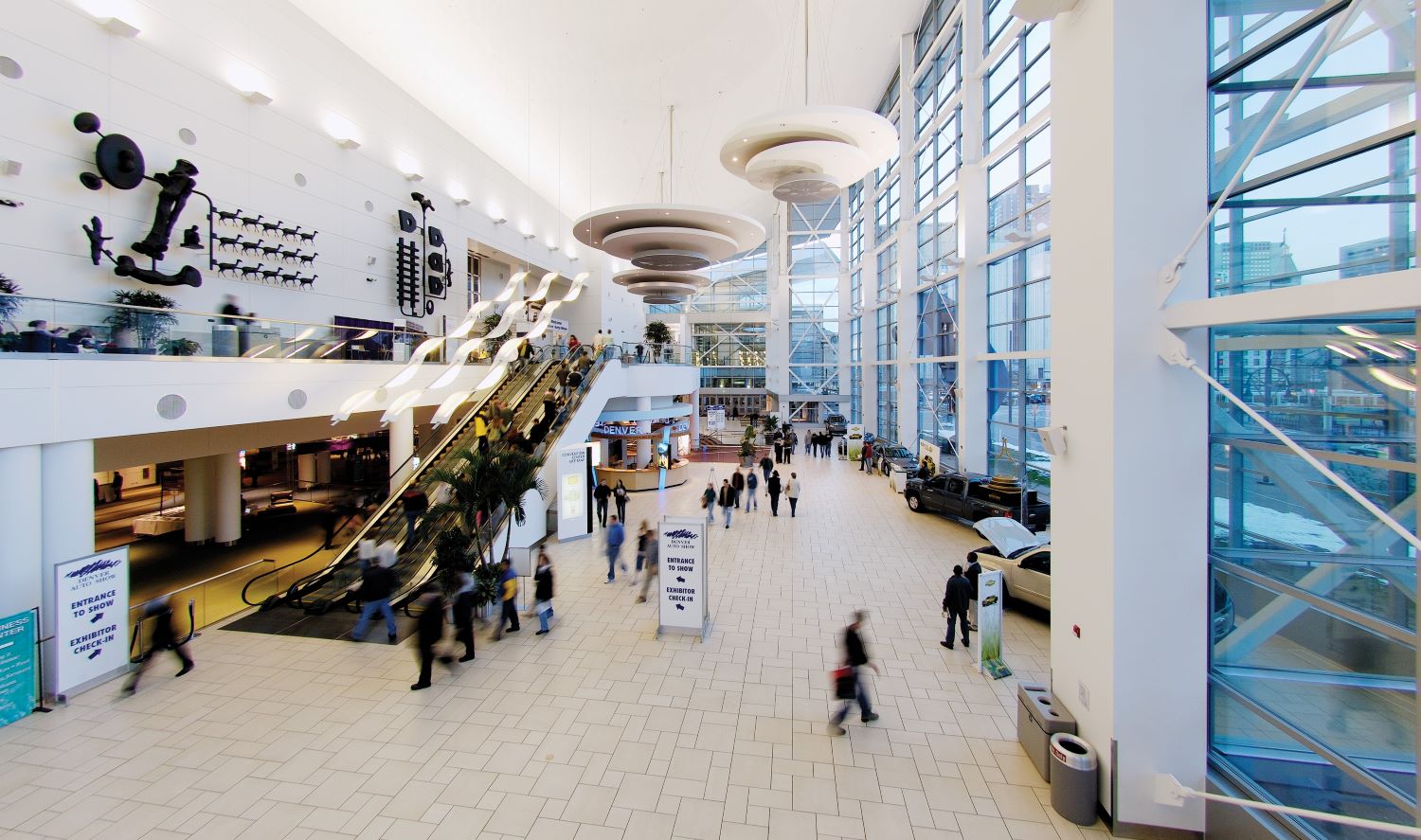
Another key role that the VM must complete is financing and planning. The VM shall draft and submit to DAV annual budgets for the CCC’s operation, as well as build an internal control system to demonstrate that the CCC’s resources are spent effectively and efficiently.
The VM should maintain complete and accurate accounting records relating to its activities at the CCC, in line with general accounting principles and in form and content acceptable to the DAV.
The VM will also maintain a master set of all booking records and schedules. The VM shall prepare Annual and Six-Year Budgets (or a longer duration if required by the City) for capital repairs and maintenance, capital improvements, capital equipment, and undertake all Capital and Fixed Asset purchases as directed by DAV.
This is pretty much what the contract winner would be doing. However, it’s just the summary of the full Scope of Work stated in the RFP.
After providing details of the responsibilities of the winning vendor, the City of Denver has conducted an evaluation based on the criteria displayed in the next part.
Identifying the Ideal Vendor by a Thorough Set of Criteria
The evaluation process for the proposals was conducted in accordance with specific criteria outlined in the RFP. These criteria included, but were not limited to, pricing, the response to proposer questions and requirements, and the submission of other required documents.
Among these criteria, pricing stood in the front line, so proposers needed to be caught up. Any omissions had to be identified and incorporated, as the City would not have increased the contract or purchase order for items not included.
The pricing format provided was followed, with alternative approaches described separately if applicable. The proposal included a competitive pricing proposal with a detailed listing of the proposed base fee, reimbursable expenses, incentive fee structure, and any capital contributions towards facility improvements.
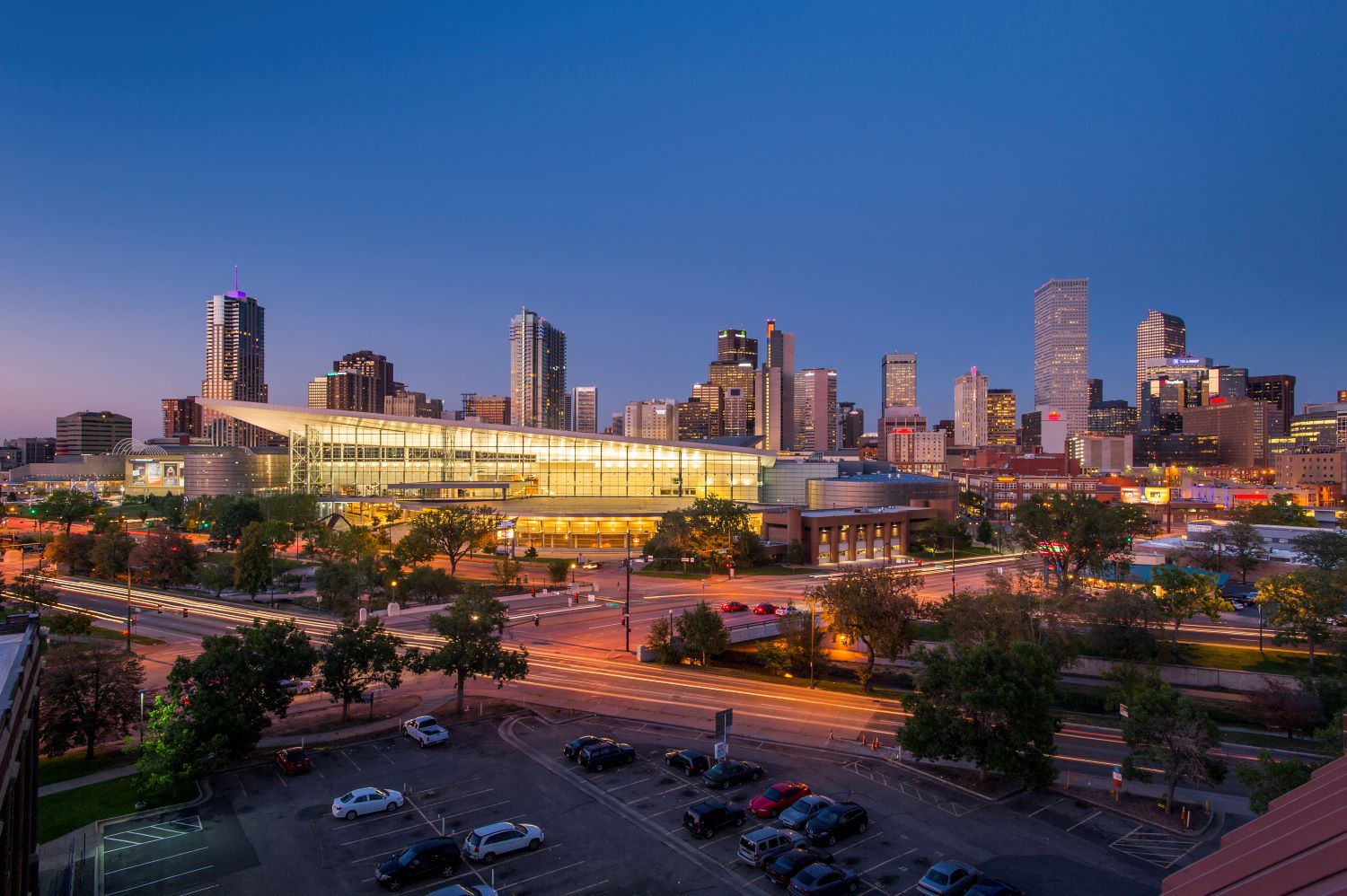
No weighing or relative importance of criteria was intended or implied by this list. The City could have requested oral presentations as part of the evaluation process. Additionally, the City reserved the right to conduct negotiations with one or more proposers.
Any award as a result of this proposal was contingent upon the execution of an appropriate contract. While numerical scoring may have been used as an aid in the evaluation, the selection ultimately was a business decision that reflected an integrated assessment of the relative merits of proposals using the factors identified in this RFP.
Besides the main criteria, the City defined Environmentally Preferable products and services as having a lesser or reduced effect on human health and the environment when compared with competing products and services that served the same purpose.
The City’s Environmentally Preferable Purchasing (EPP) evaluation could have extended to raw materials acquisition, energy consumption in manufacturing and transport, packaging, recyclability, waste disposal, and many other factors.
One pop out aspect in this RFP that needs to be seen is the support and well consideration for woman owned businesses, which came out of the mouths of many, but a few really put this in the list.
Fostering Success through Woman-Owned Vendor Selection
Over the past ten years or so, there has been a remarkable number of women-owned companies bursting up all throughout the Denver area. Female entrepreneurs and creatives are starting a wide range of enterprises, from coffee shops to craft studios, clothing boutiques to cosmetic lines, and everything in between.
The City is committed to growing its vision of small business equity and sustainability by expanding the potential of small, minority and women-owned businesses.
The City has provided significant opportunities for these businesses and ensure they benefited from the contract.
Aligning with the Utilization Plan Due (DSBO) mission to strengthen the City’s small, minority, and women-owned business community, this contract’s small business engagement initiatives are intended as a part of the City’s commitment to ensure small, minority, and women-owned businesses are actively and impactfully participating throughout the life of the Project.
In this solicitation, the Proposer needed to include, with their Proposal, a completed DSBO form entitled, “Commitment to MWBE Participation,” stating their committed minority and women-owned business enterprise (MWBE) participation percent on this project.
The committed participation level has been inserted into any resulting contract and the Contractor/Consultant must comply with that committed participation amount during the life of the contract.
The proposal had to include an MWBE Utilization Plan, detailing the proposer’s approach to their MWBE program and expectations for lower-tier MWBE subcontractors. Once approved by the DSBO, it became the “Approved MWBE Utilization Plan,” a requirement for contract execution.
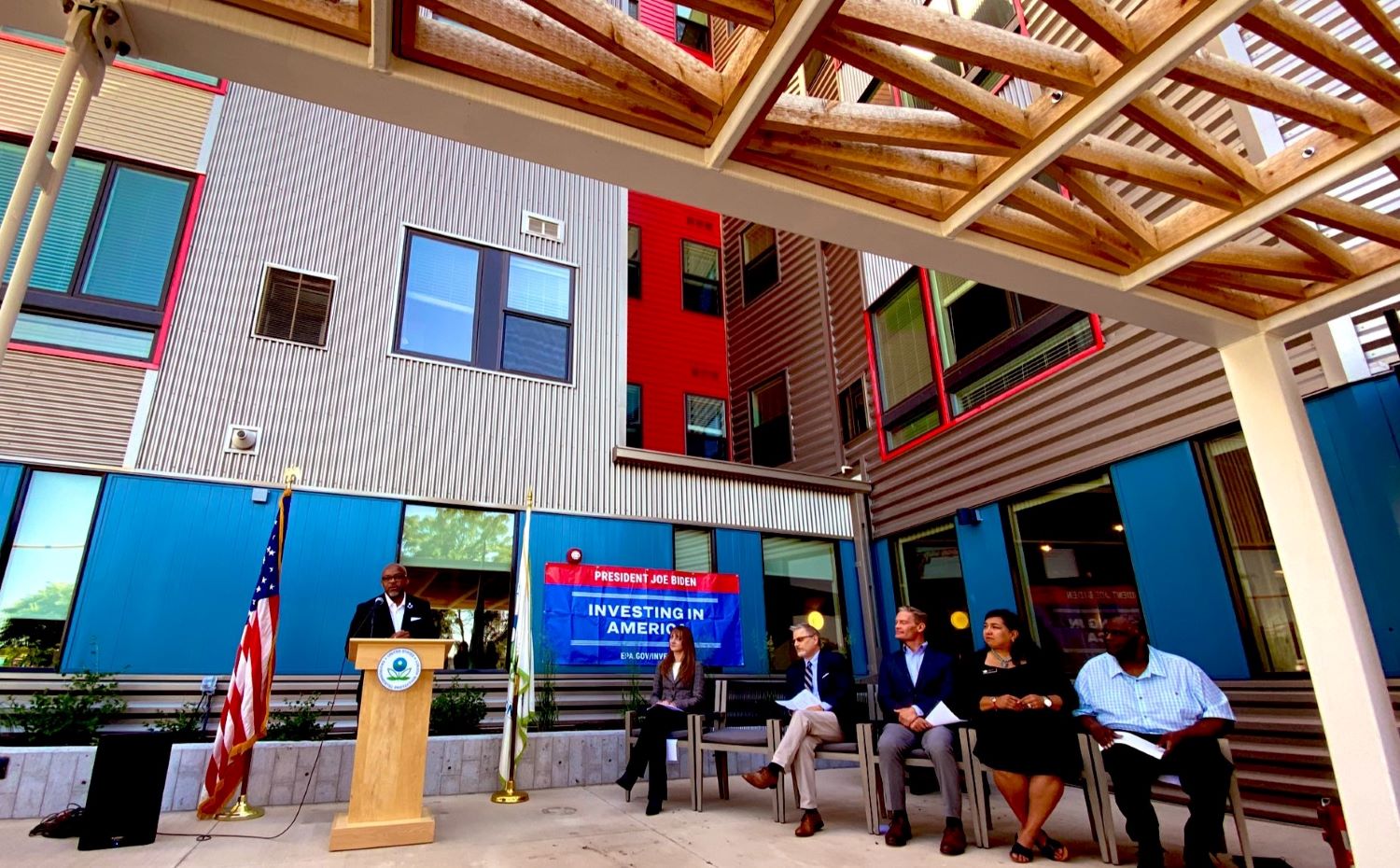
Contractors/consultants were expected to submit updated MWBE Utilization Plans annually for DSBO approval throughout the contract. The City reviewed and scored proposers’ MWBE Utilization Plans as part of the evaluation criteria.
It’s good to hear the efforts of small businesses and woman owed enterprises are being seen. This adds to the great plan to make Denver a better place to live. However, it’s just a part of that road. To manage a convention center in 2023, it forces the City to leverage the IT developments from vendors.
Harnessing the Power of IT Management: Elevating the Management Stage
In administering the facility’s technology and services, the vendor utilized the City’s Information Technology Service Management (ITSM) tool. At the time of the RFP publication, the City’s ITSM system of record was ServiceNow.
To ensure effective communication, the Venue Manager developed and implemented a documented communication plan. This plan included designated points of contact, succession planning for contact and escalation, and procedures for addressing routine matters, issues, and problems with relevant City stakeholders.
The Communication Plan emphasized the winning contractor as the primary point of contact for all communications, while critical infrastructure and technology-related matters were promptly brought to the attention of DAV and Technology Services.
For managing technology problems, issues, and disputes, the VM established a documented resolution procedure and program. The City’s ITSM tool played a crucial role in administering and maintaining technology problems in accordance with ITIL definitions, Executive Order 18, and related policies and standards.
Additionally, the VM would be implementing a change management procedure, conducted technology risk assessments, implemented continuous monitoring practices, and developed data privacy and protection procedures.
Finally, the VM formulated and executed an asset disposal plan encompassing hardware, software, and data. This plan adhered to security, privacy, and records retention requirements, and their associated policies and standards.
After a long and well considered evaluation process, the City of Denver again come back to ASM Global to facilitate the Center with the best management.
Strategic Partnership – Colorado Convention Center with ASM Global
Expecting a big post-pandemic uptick, Denver’s City Council in May 2023 unanimously approved a 10-year, $250 million contract for ASM Global to continue managing the Colorado Convention Center.
The deal will run its course at the end of 2023. ASM’s previous contract began in early 2012 but was extended by one year because of the COVID-19 epidemic.
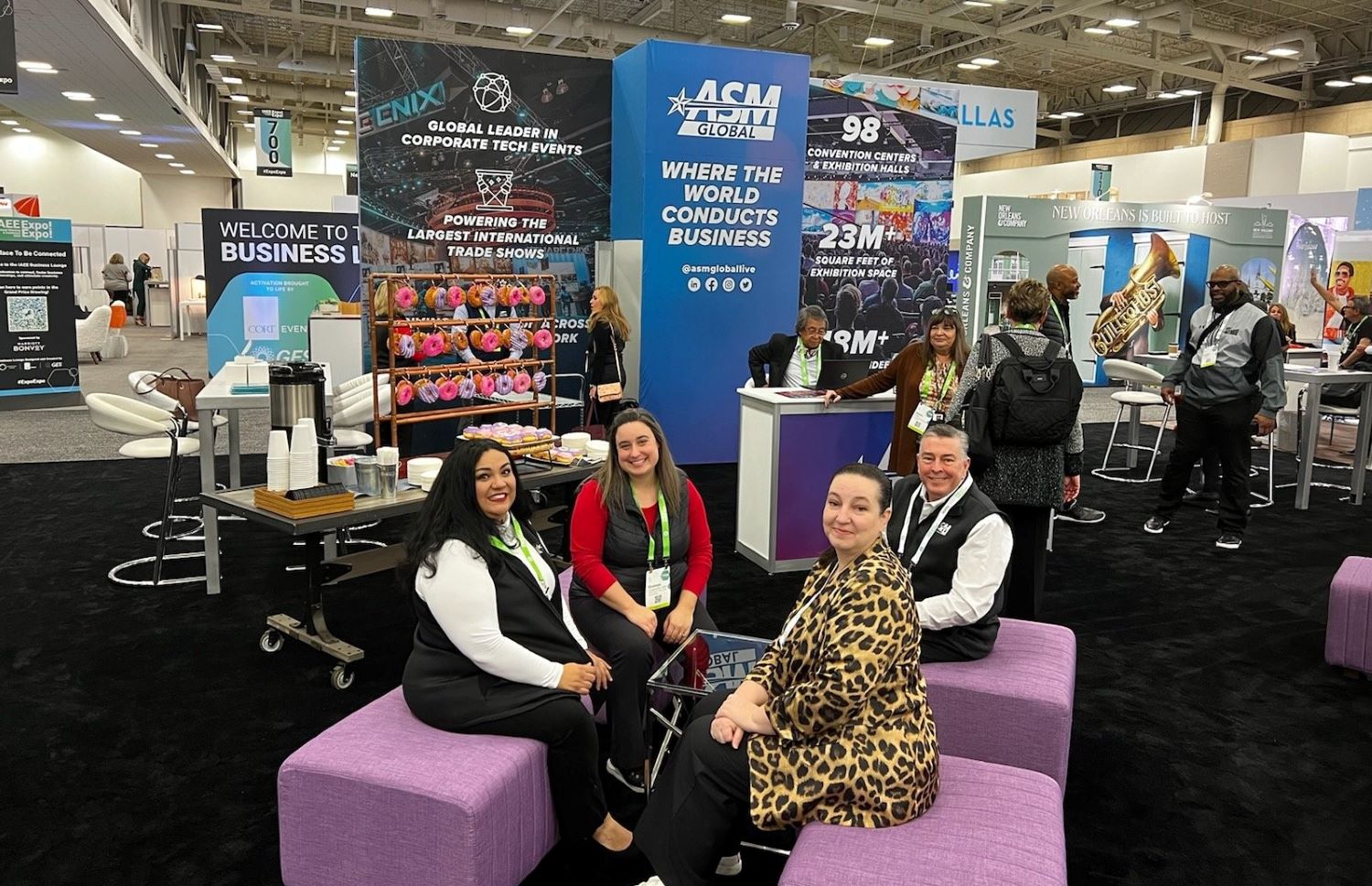
ASM will provide $8.5 million in capital enhancements, including technological upgrades, as part of the agreement. The contract requires ASM to fulfill the prevailing salary criteria of the city and can be canceled without cause at the start of 2027. The contract excludes costs for food, concessions, and center promotion, which are the responsibility of the city.
ASM Global, based in Los Angeles, maintains 350 venues globally. Its portfolio includes Soldier Field in Chicago and the Greek Theatre in Los Angeles. The company, which employs 40,000 people worldwide, reported $2.4 billion in revenue in 2022.
ASM was chosen in a competitive bidding process that began in late 2020, despite the fact that it has privately managed the convention center since 1994. During the process, Denver Arts & Venues and municipal officials examined and rated two written bids and approved ASM’s bid.
The contract was concluded as the Colorado Convention Center’s huge expansion nears completion after more than 18 months of work. The project’s design and construction are presently about 80% complete.
Bottom lines
The Colorado Convention Center and ASM Global are collaborating again, it means that they have entered into a renewed partnership or contractual agreement to continue working together. This collaboration suggests that ASM Global has been selected once again to manage and oversee the operations of the Colorado Convention Center.
It signifies that the Colorado Convention Center has recognized the value and expertise that ASM Global brings to the table in effectively managing and operating the venue. The collaboration reaffirms the ongoing trust and confidence between the two entities, highlighting their shared commitment to providing exceptional event experiences and maintaining the highest standards of service at the Colorado Convention Center.

